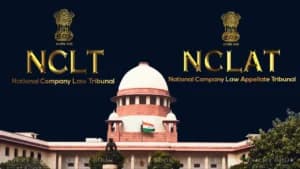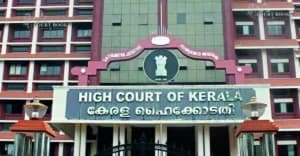In a significant observation, the Supreme Court of India on Tuesday, May 6, 2025, suggested that the Bar Council of India (BCI) should implement a rule requiring every vakalatnama to clearly state whether the advocate has passed the All India Bar Examination (AIBE), especially for those enrolled after 2010.
The suggestion came from a bench led by Chief Justice of India Sanjiv Khanna, along with Justice Sanjay Kumar and Justice KV Viswanathan, while hearing a Miscellaneous Application filed by the Bar Council of India in relation to the Bonni Foi Law College case.
“Why don't you make it mandatory in the vakalatnama itself to mention if AIBE has been passed?”
– Chief Justice Sanjiv Khanna to the Bar Council of India
The Chief Justice further questioned why such a rule hasn't been implemented yet, asking the BCI to consider mandating the inclusion of enrolment numbers in every vakalatnama, along with a declaration of AIBE clearance for advocates enrolled post-2010.
This line of questioning comes in the context of the Supreme Court’s 2023 decision, delivered by a Constitution Bench of five judges, where it upheld the requirement for advocates to pass the AIBE in order to practice law in India. The ruling reaffirmed that the AIBE was a valid and essential benchmark for assessing the minimum professional competence of law graduates.
“Why don't you make a rule mandating that every vakalatnama should mention the enrolment number, and if the enrolment is after 2010, then let it be mentioned that AIBE is passed?”
– CJI Sanjiv Khanna
The current proceedings are linked to the Bonni Foi Law College matter, where regulatory clarity and professional standards within legal education and practice were under review. During the 2023 judgment in that case, the apex court had supported the idea that law graduates must clear the AIBE before being allowed to practice in any court of law.
In a notable development last year, the Supreme Court had also permitted final-year law students to appear for the AIBE, allowing them a head start in meeting the eligibility criteria for legal practice even before formal graduation.
Read also: Supreme Court Directs SCBA Elections on May 20; Reserves Secretary Post & 1/3rd EC Seats for Women
This recent observation by the apex court aims at improving transparency and professional accountability in legal documents. Mandating the mention of AIBE qualification in vakalatnamas could make it easier for courts and clients to verify the practicing status of advocates.
The court has not passed a formal direction yet, but the suggestion clearly indicates the judiciary’s concern about ensuring that only qualified professionals represent clients in court.
This matter is expected to be taken up further as the Bar Council of India examines the possibility of incorporating such a rule in the existing legal framework.















